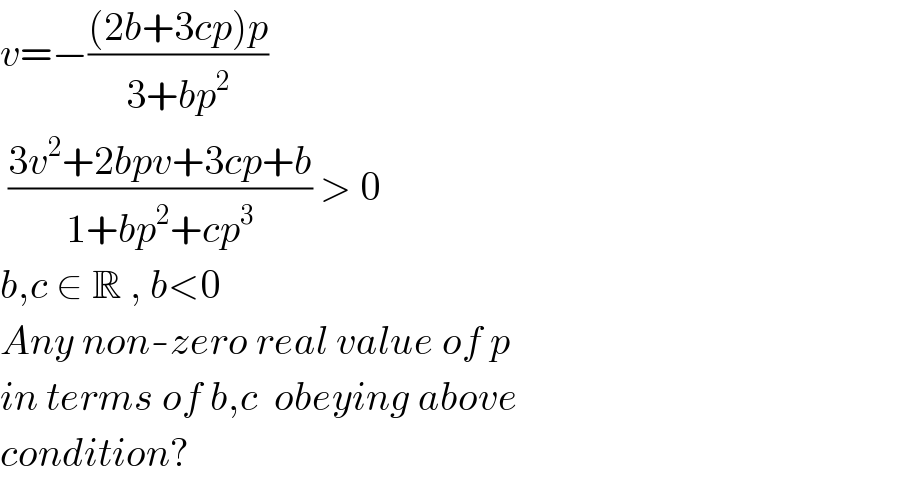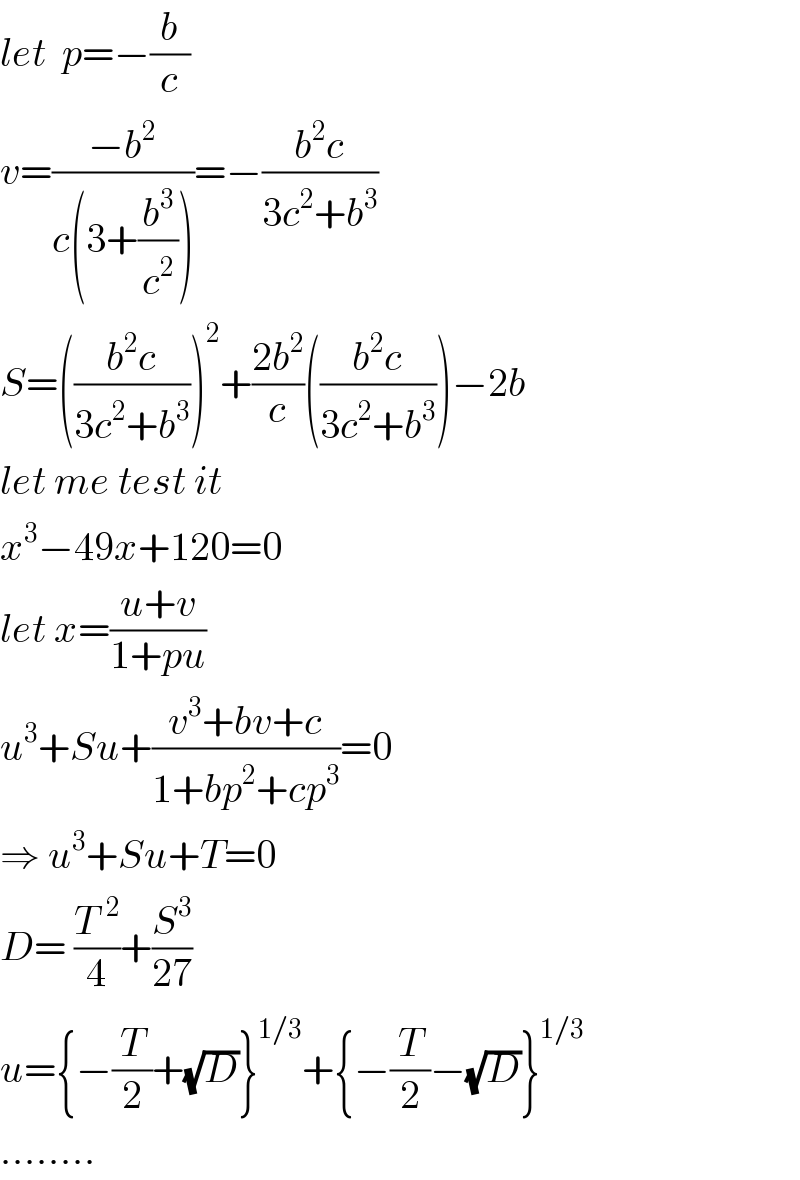
Question and Answers Forum
Question Number 80881 by ajfour last updated on 07/Feb/20

Answered by ajfour last updated on 07/Feb/20

| ||
Question and Answers Forum | ||
Question Number 80881 by ajfour last updated on 07/Feb/20 | ||
 | ||
Answered by ajfour last updated on 07/Feb/20 | ||
 | ||
| ||